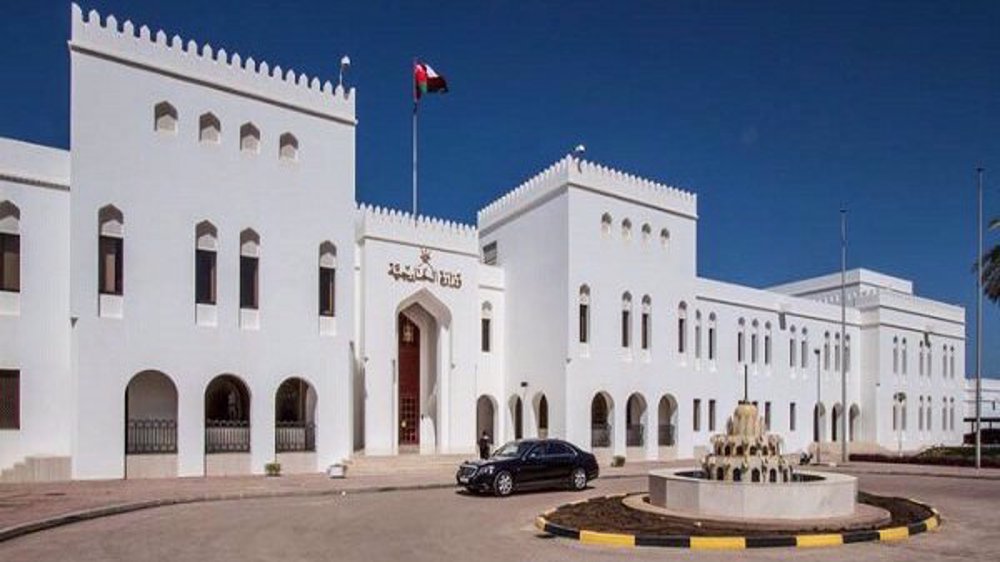Qatar files legal protest with WTO to challenge trade boycott by Saudis, allies
Qatar has lodged a formal legal complaint with the World Trade Organization (WTO) over a trade boycott by Saudi Arabia, Bahrain and the United Arab Emirates (UAE) against the peninsular country, formally “requesting consultations” with the trio, as an unprecedented diplomatic rift further deepens in the Persian Gulf region.
Qatar's WTO representative Ali Alwaleed al-Thani announced the news on Monday, adding that the consultation request was meant to “discuss and clarify the legality” of those measures against Doha and to “find a way to bring them into conformity with their commitments.”
By making the official request, Qatar triggered a two-month deadline for the Persian Gulf states to resolve the protest or to face litigation at the WTO and to impose on them potential trade sanctions in a tit-for-tat move.
The widening rift occurred on June 5, when Saudi Arabia, Bahrain, the UAE and Egypt, which later were called siege states, severed ties with Doha, officially accusing Qatar of supporting “terrorism” and destabilizing the Middle East, allegations that Qatar says are unjustified and stem from false claims and assumptions.
To further pressure Qatar, Saudi Arabia has totally closed its land border with its tiny neighbor, through which much of Qatar's food supply crossed.
Later in June, the four Arab countries urged Qatar to abide by a 13-point list of demands if it wanted the crippling blockade lifted. The demands included shutting down the Doha-based Al Jazeera broadcaster, scaling back cooperation with Iran, closing the Turkish military base in Qatar, and paying an unspecified sum in reparations. They have also listed “six principles” they want Qatar to adopt.
The defiant Doha government, however, strongly refused to comply, calling the wide-ranging demands “unrealistic, unreasonable and unacceptable.” In return, the four feuding countries vowed to impose further sanctions on Doha.
“We have always called for dialogue, for negotiations, and this is part of our strategy to talk to the members concerned and to gain more information on these measures, the legality of these measures, and to find a solution to resolve the dispute,” al-Thani further said.
The siege states previously told the WTO that they would cite national security to justify their actions against Qatar, using a controversial and rarely requested exemption permitted under the WTO regulations.
Doha cited “coercive attempts at economic isolation” in the complaint sent to each country. It covered all trade restrictions imposed the Persian Gulf emirate, including bans on trade through Qatar's ports, and travel by Qatari citizens, blockages of Qatari digital services and websites, closure of maritime borders and ban of flights operated by Qatari aircraft.
The complaint, however, did not include Egypt, the fourth state among the boycotting countries. Despite cutting travel and diplomatic ties with Doha, Cairo did not expel Qatari citizens or ask Egyptians to leave the emirate.
“Obviously all options are available. But we have not raised a consultation request with Egypt yet,” al-Thani added, without giving further details.
The coordinated move against Doha is spearheaded by Riyadh, which often manages to have its vassal states fall into line. Saudi Arabia itself is known as the main sponsor of Wahhabi terrorists it has accused Qatar of supporting. Some analysts believe the Saudi anger is rather because Qatar acts more independently of Riyadh, including in its relations with Iran.
VIDEO | Press TV's news headlines
Journalist Tucker Carlson says he was detained in occupied territories after interview with US amb.
VIDEO | Is there any hope for Russia-Germany relations?
VIDEO | Israeli land grab policies
Nuclear chief: Israeli infiltration, sabotage drove Iran towards nuclear self-sufficiency
IRGC intel. chief: Enemies devised 7-stage plot for recent riots
Israeli minister calls to 'encourage' Palestinian exodus
VIDEO | Press TV's news headlines













 This makes it easy to access the Press TV website
This makes it easy to access the Press TV website